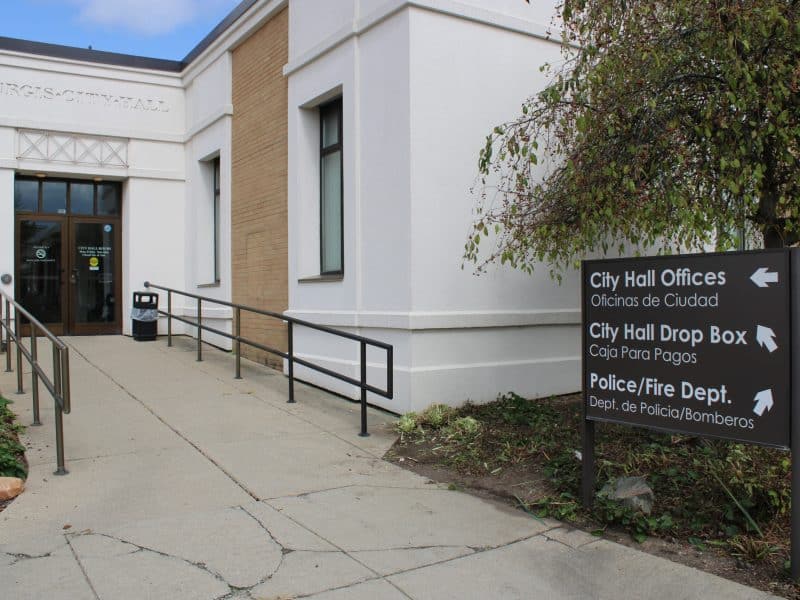Three Rivers to reapply for $14.5 million in lead line replacement funding
Three Rivers City Commissioners adopted a resolution Tuesday to reapply for $14.5 million in funding to replace lead service lines and aging water mains in the city.

Three Rivers City Commissioners adopted a resolution Tuesday to reapply for $14.5 million in funding to replace lead service lines and aging water mains in the city.
An application was submitted to the Drinking Water State Revolving Fund (DWSRF) in 2023 for funding consideration through the Michigan Department of Environment, Great Lakes, and Energy (EGLE), but the city did not rank high enough to qualify. Factors impacting qualification for this cycle include the scores of other applicants as well as the amount of funding that will be available this year.
The city is currently replacing known lead service lines in the city, but this funding would allow for replacing water mains as well, with the ability to do “a lot [at one time], at a reduced cost to us,” said City Manager Joe Bippus.
Public Works Director Amy Roth read through the project details on a fact sheet provided to the commission. The sheet lists the streets along 19,430 feet (3.7 miles) of water main that would be replaced with this funding, as well as a breakdown of the proposed project costs. Some elements such as costs to users, term of the loan, and percentage of principal forgiveness would be determined later in the process with EGLE.
Roth noted that, should the project terms add a significant cost to users, grants could be pursued to offset that cost, in addition to applying some of the “water system capital reserve” that has been set aside from water rate increases for this purpose. If accepted, the city would approve or decline terms set by the State of Michigan. Funding would be awarded later this year, and construction could commence in late 2025.
Three Rivers Housing Corporation
Commissioners also received a report on the Three Rivers Housing Corporation, whose goal is to “purchase either residential or commercial property that’s basically getting ready for rehabilitation to develop so that we can improve our housing stock in the city,” said City Clerk Leslie Wilson.
Wilson described the process the Housing Corporation goes through, which begins with working with the St. Joseph County Treasurer to determine back taxes owed on properties. In the cases where a resident is living in the house, an eviction process takes place, or the Corporation works with the resident to see if they can purchase the home and develop it themselves.
Once the house is transferred to the Housing Corporation, an agreement is made with a developer to rehabilitate the house or demolish and rebuild. The developer completes an extensive list of repairs within nine months, including replacing the roof, exterior doors and windows, installing a 10-foot wide driveway, ensuring utilities pass inspection, and more.
Of the houses that Wilson reported on, the increase in taxable value claimed to have ranged from $49,000 to $61,000, and the improvements reduced the “effective age” of the houses between 9 and 12 years. A few of the houses were a part of a “targeted housing initiative” on Michigan Avenue. Since the Housing Corporation’s inception in 2017, 18 houses have been rehabilitated or demolished, with more in process.
“There’s hidden structural issues that you can’t really see from the road that causes problems that make [the houses] unlivable […],” Bippus said, “and we’re turning them back into new homes, basically, with the standards that we have. And they’re selling, and we hope that the people who develop them make money because we just want to improve the taxable value, we want to improve our neighborhoods and our housing stock.”
Deborah Haak-Frost is the Caretaker for Community Engagement at GilChrist Retreat Center in Three Rivers, and volunteers with *culture is not optional, a Three Rivers-based community development organization.




